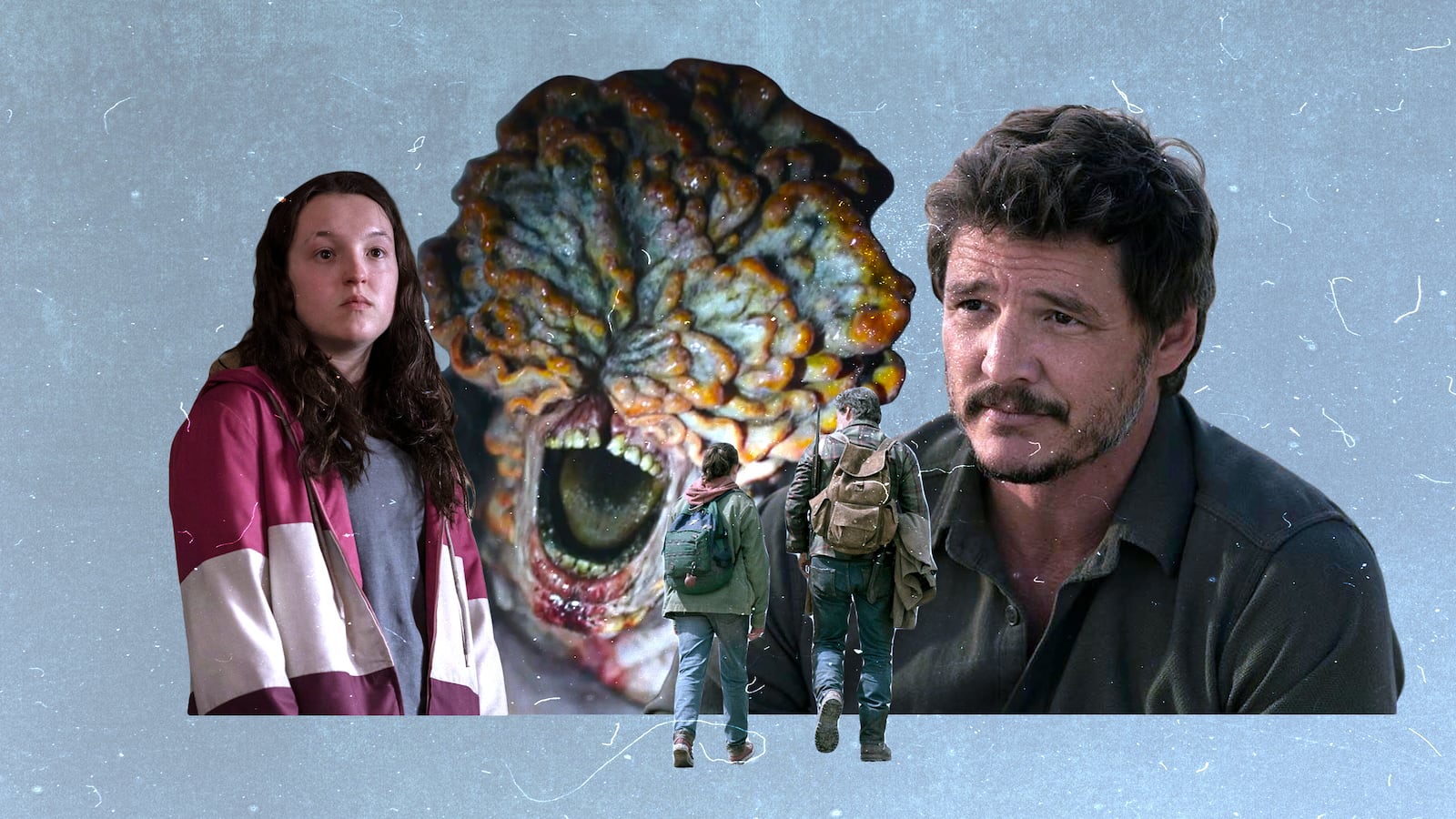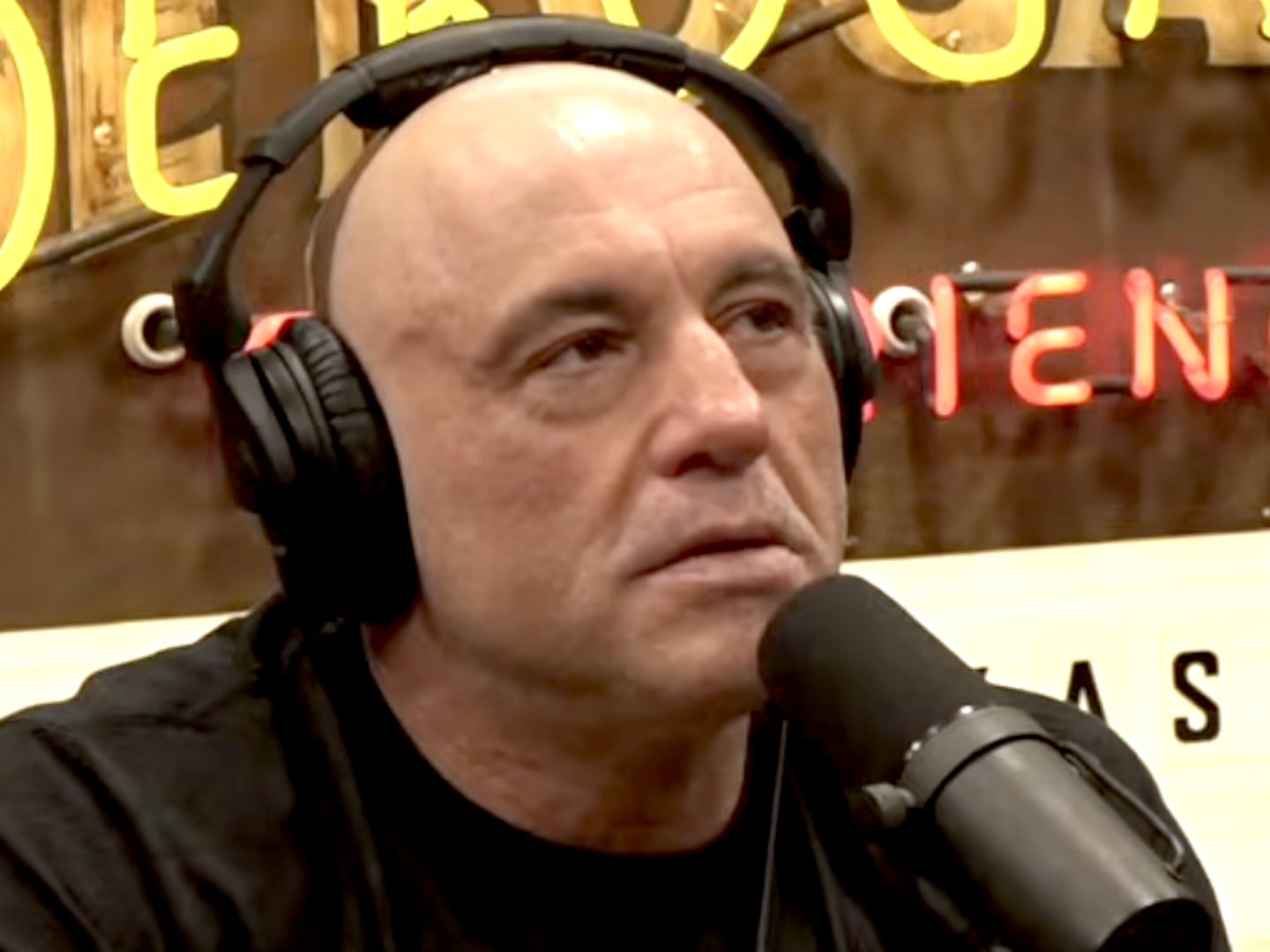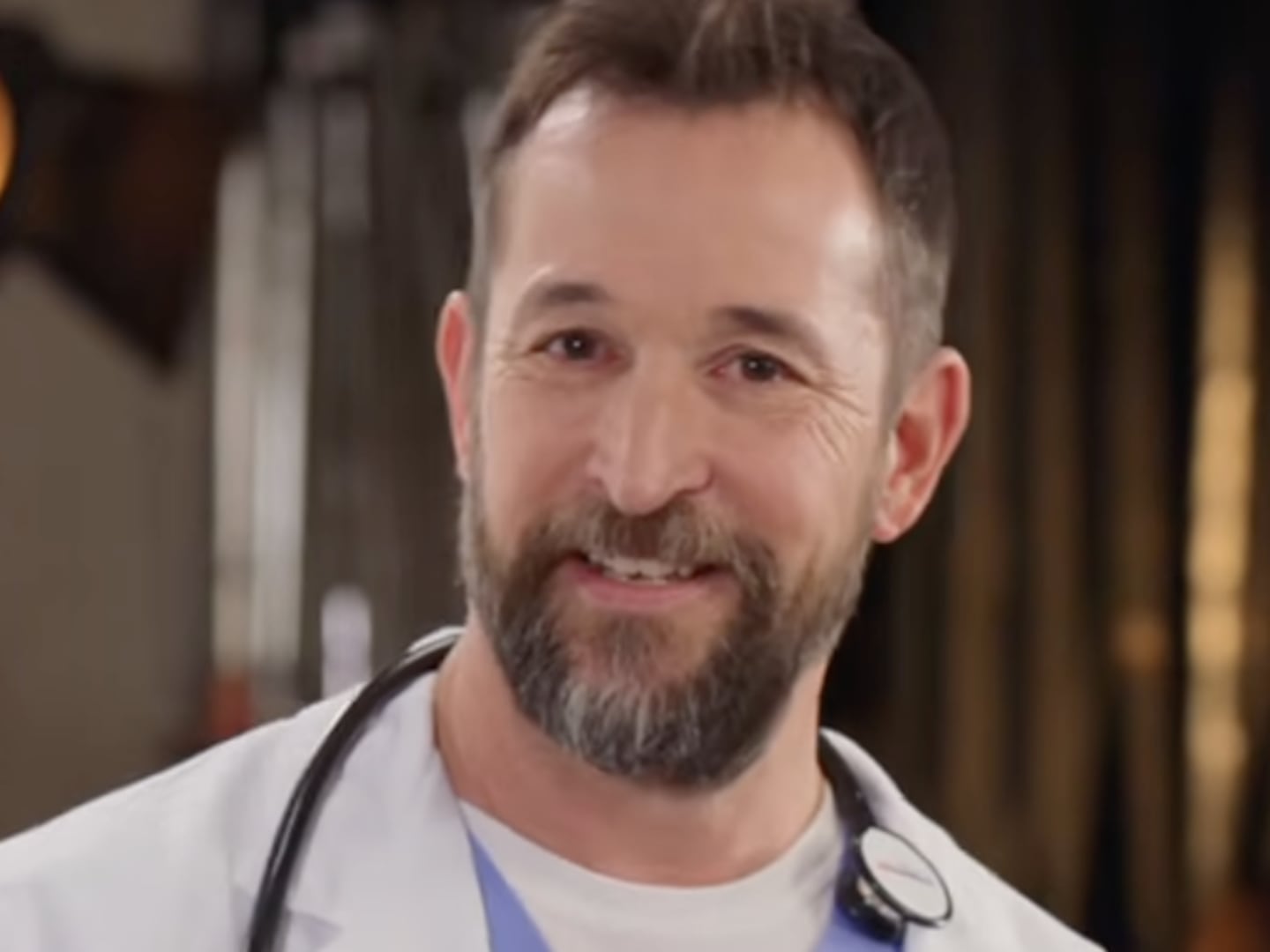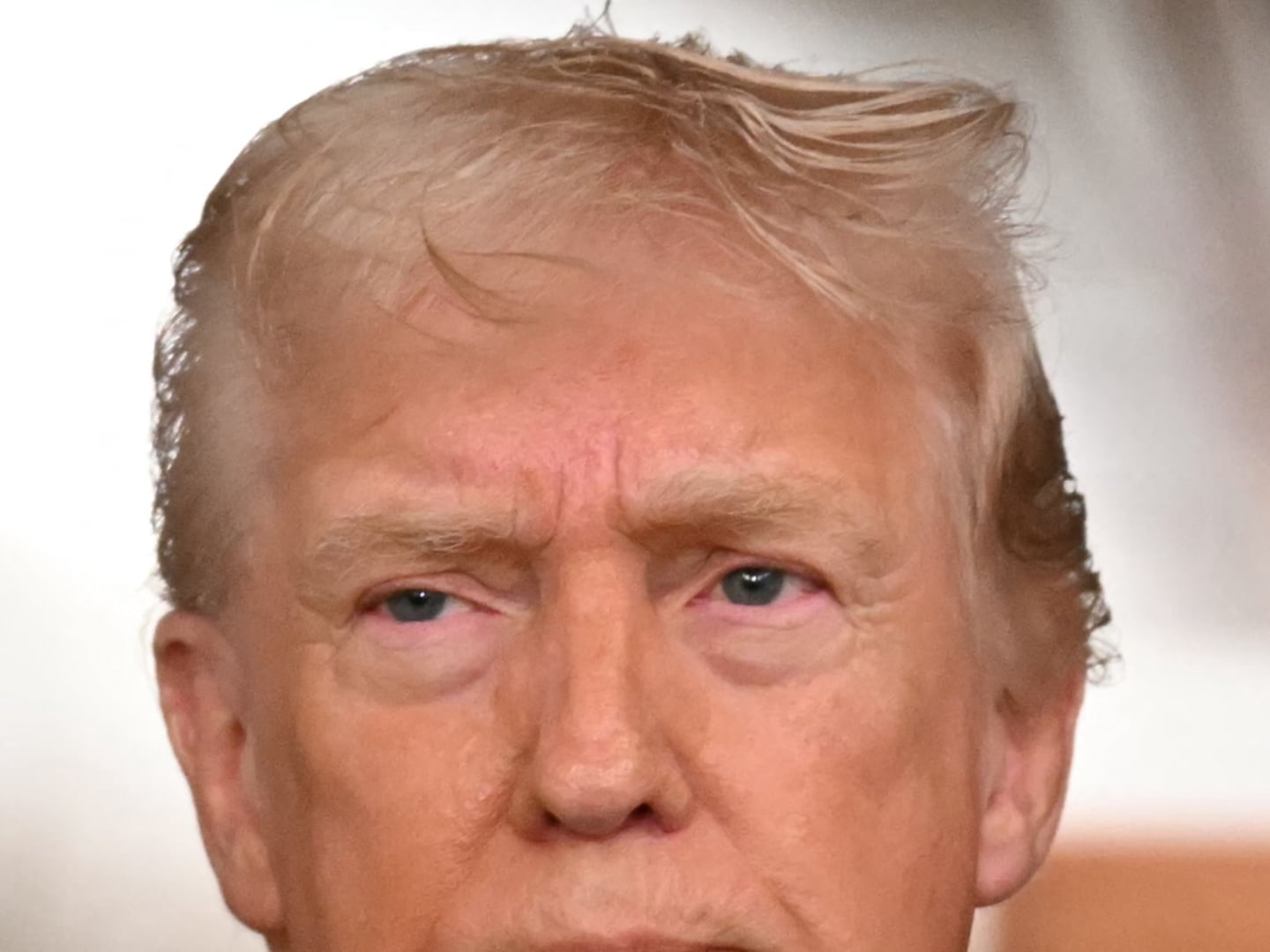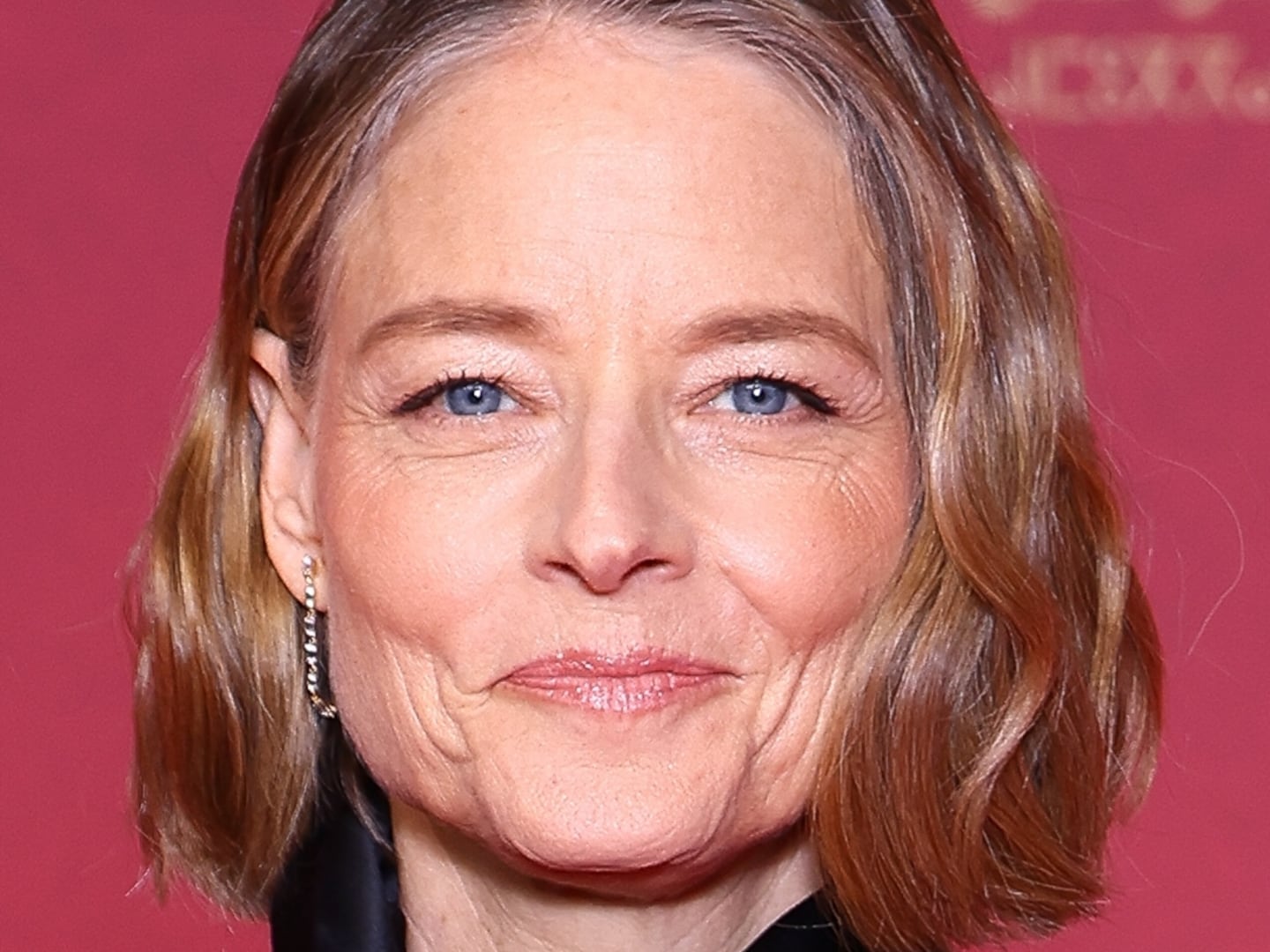This is a preview of our pop culture newsletter The Daily Beast’s Obsessed, written by editor Kevin Fallon. To receive the full newsletter in your inbox each week, sign up for it here.
The Last of Us is a TV series that incorporates several of my least favorite things: video games, zombies, being grossed out, being outside, and really long episodes. It also, as it happens, features the things I cherish most: sweet gay kisses, Pedro Pascal’s facial hair, and crying.
So, for the better part of the last two months, each week has been an exercise in torture, yet also a release of pure ecstasy—the end result of which is utter confusion.
I should loathe a series like The Last of Us, the quintessential “not for me!” genre show that I could write off as a blind spot in an age of 472,386 other TV shows to watch each week. Yet here I am, living for each new episode, desperate for the next chapter of Joel and Ellie’s extremely traumatizing adventure. I sit there feeling smug with my life-long distaste for mushrooms, knowing that when the apocalypse comes, I ain’t about to be infected.
Anecdotally, I’m not alone. (I know people! I have friends! I read social media!) We are a strong, proud community, those of us who would stoically stand up and leave the room if someone started to talk about video games, and who can’t help but reflexively retort, “C’mon, that can’t be true!” when someone tries to claim that they actually enjoyed watching The Walking Dead, a show that was as cruel to its fanbase as it was to its characters.
There are equal parts concern and curiosity within our circle: Shouldn’t liking The Last of Us go against everything we believe in (shows like this being unbearable)? What is it about the HBO drama that is forcing us to abandon our most deeply held principles and beliefs (namely: that we thought we didn’t like anything that had to do with video games)?
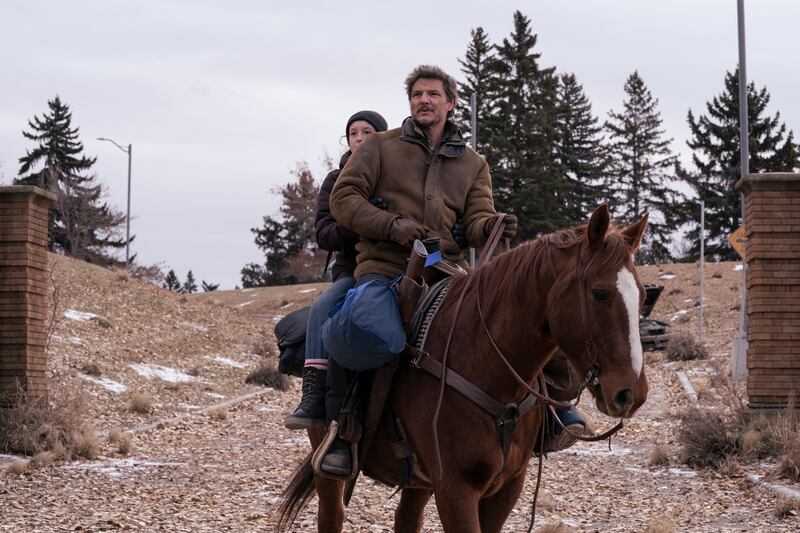
The Last of Us, based on a beloved, critically hailed video game, begins by showing what happens when a fungi-born plague ravages the human population, turning hosts into man-eating, blood-thirsty creatures known as “the Infected.” Two decades later, we’re shown what post-apocalypse life is like for the survivors living in totalitarian quarantine zones. (Spoiler: It’s not great!)
A smuggler named Joel (Pedro Pascal) is convinced to transport a teen girl, Ellie (Bella Ramsey) to a lab out West. It turns out that Ellie is immune from infection and could possibly be humanity’s great hope for surviving the virus. On their cross-country journey, they encounter relentless violence, gore, shootouts, tense stand-offs, and devastating, horrifying deaths—or, at least, that’s what I’ve pieced together from the sequences that take place when my hands aren’t covering my eyes.
Each new week, something heinous takes place that nauseates me, and there’s yet another cut-to-black twist that shatters my heart, pulverizes the pieces with a mortar and pestle, and then sprinkles the powder into an evil anti-Sleepytime tea that keeps me up all night in mourning and horror. I am rapt. I am riveted. I don’t know who I am anymore.
What was it that converted us naysayers to The Last of Us in the first place?
To start, never discount the power of the two greatest forces in pop culture: not wanting to miss out on what everyone is talking about, and whatever the hell HBO is airing on Sunday nights.
This is how many of us, like myself, started watching Game of Thrones (surprisingly liked it!) and House of the Dragon (vehemently hated it!). It’s one of the many reasons for The White Lotus’ massive mainstream footprint, convincing those who dabbled in Season 1 but didn’t love it to trudge through until we, as a nation, declared “these gays, they’re trying to murder me!” with as much frequency and pride as we recite the Pledge of Allegiance.
But the mere fact of occupying the blessed Sunday night HBO time slot is not enough. (See: Westworld, which we all excitedly watched and then quickly abandoned when it became…terrible.) To really win us over, the show has to have something special.
For The Last of Us, the casting certainly helps to draw even the most unenthused viewer in. Pascal, who also stars in The Mandalorian, is enjoying one of those career level-ups for an actor who has always been good in everything he’s been in. He is incredibly likable and has the playful sense of humor when interacting with the public and the media that triggers instant crushes. He’s the kind of actor you want to root for, whose projects you want to watch because you know he’ll be excellent in them, and who you desperately want to bang.
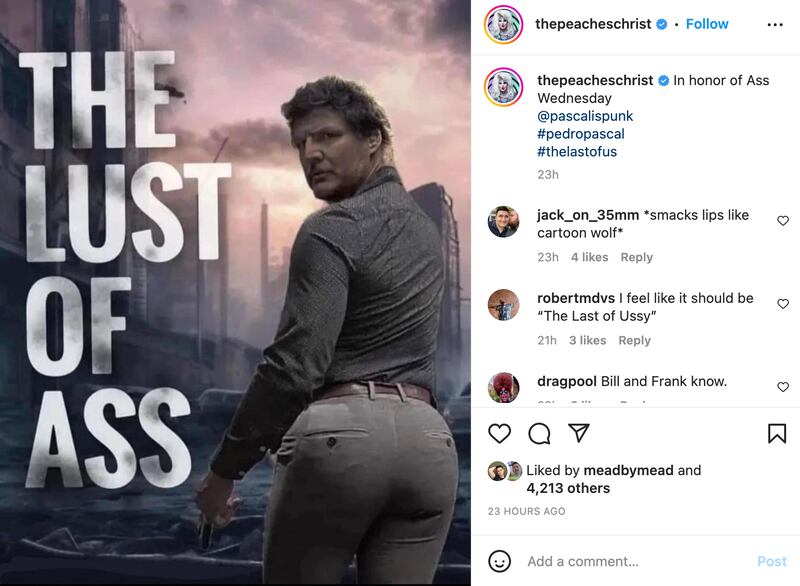
Beyond being swoon-worthy, Pascal offers delicate work as a man tortured and haunted by what he’s seen and what he’s lost, and who is in constant conflict with the idea of hope and optimism—feelings that he tries to suppress at all cost, but keep creeping back—when reality is so bleak. That turmoil simmers through every glance, gesture, and line of dialogue. It’s an astounding duality: Joel is one of TV’s strongest characters, and Pascal’s performance among its most brittle.
Bella Ramsey gives a robust, layered performance that carries the show, when her character could have been rendered petulant and insufferable in less skilled hands. And, by nature of the narrative structure, each week’s new episode is populated by a cast of character actors who elicit coos of, “Oh, look at who it is! I love them!” It’s Fringe’s Anna Torv! (Love her!) Merle Dandridge from Oprah Winfrey’s Greenleaf! (Love her!) Melanie Lynskey, of MELANIE DAMN LYNSKEY fame! (Love her!) And, most recently, Queen Sugar’s Rutina Wesley! (Also from True Blood! Really love her!)
I suspect many people joined the Last of Us journey after its third episode, “Long, Long Time,” which earned such effusive, “I’ve never seen a TV episode as phenomenal as this”-style reactions after it aired that any TV fan would be a fool not to want to see what all the fanfare was about. It also, once again, confirmed what I’m always saying: Everything's better when you make it more gay.
(Also, more “love them!” appearances: The White Lotus’s Murray Bartlett and Parks and Recreation’s Nick Offerman, delivering performances I don’t go hours without thinking about again.)
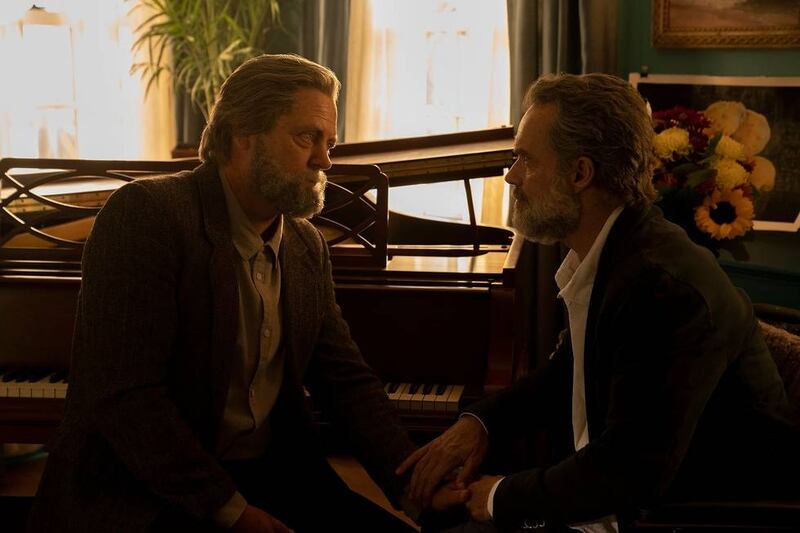
I’ll admit that a lot of what I’m writing about my distaste for this genre is hyperbole.
While I find them incredibly exhausting and have little interest in playing them, I recognize that video games are a brilliant art form; I’ve been known to slay a bit of Legend of Zelda: Ocarina of Time back in my day. And, not just as a TV critic, but a person who loves pop culture, I pride myself on having an open mind when it comes to different types of genres and storytelling. I truly believe a person can passionately love and argue for the genius of such seemingly disparate projects as The Real Housewives of Miami, The Last of Us, Puss in Boots: The Last Wish, Bros, and Tár equally.
Disparaging a series just because of its genre is as offensive as making assumptions about someone because they enjoy watching Bravo. (And if you’re still harboring that uninformed, antiquated judgment in this, the year of our Lord/Andy Cohen 2023, then you’re really behind the plot.) People are dynamic. They contain multitudes. We exist! So to those who were offended by the beginning of the essay, I apologize. I have been in your shoes, and, through this Last of Us experience, especially, have evolved!
A genuine curiosity about pop culture often yields the most gratifying surprise, which is certainly what The Last of Us has been for me. It’s also been really rewarding to see what the show has revealed itself as beyond expectations: a moving portrait of family.
It is the perfect blend of genres and pop-culture obsessions. It seems like a sci-fi series, meant to appeal to those diehard fans. It’s certainly event programming, at a time when that’s both rare yet also intensely craved by audiences. The action set pieces are so gripping that there are claw marks on my couch arm from… gripping it.
If I were younger and didn’t get hangovers that last between three days and a full season, I would play a drinking game each time there was a shot framed so beautifully that I impulsively say to no one in particular, “Wow, that’s nice.” And for all this talk about what genre this show belongs to, at its heart, it’s a human drama: Ellie and Joel’s relationship so acutely and accurately hits on the existential thoughts and fears so many of us harbor that it’s uncanny.
In other words, it’s a damn fine TV show.
There are rumblings in my homeland (the internet) that The Last of Us is a series that finally breaks the curse of typically doomed TV and movie adaptations of video games. I find that to be rude and dismissive of the efforts made by myself and my coven of fellow curmudgeonly witches, who placed that curse in the first place, but I guess I buy it. At the very least, The Last of Us is forcing me to think about my tastes differently—a miracle in and of itself.
Keep obsessing! Sign up for the Daily Beast’s Obsessed newsletter and follow us on Facebook, Twitter, Instagram and TikTok.

